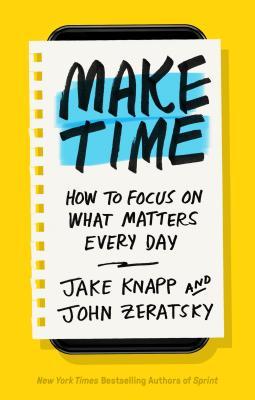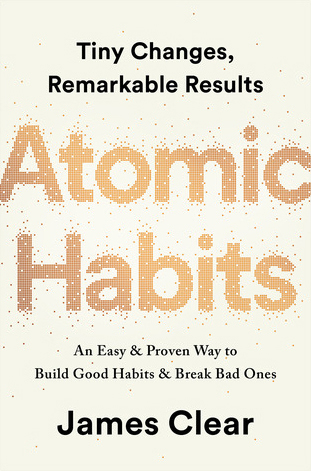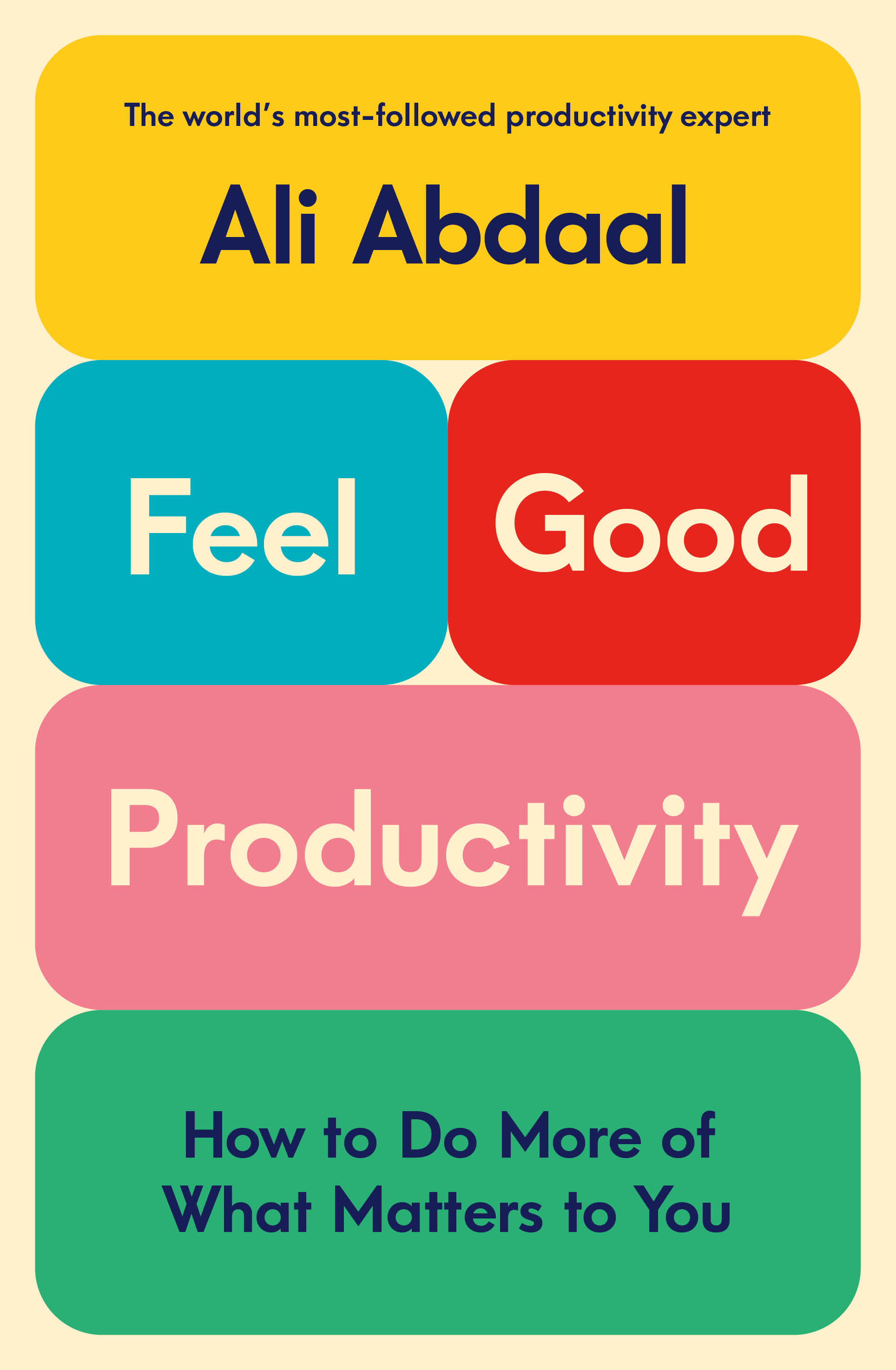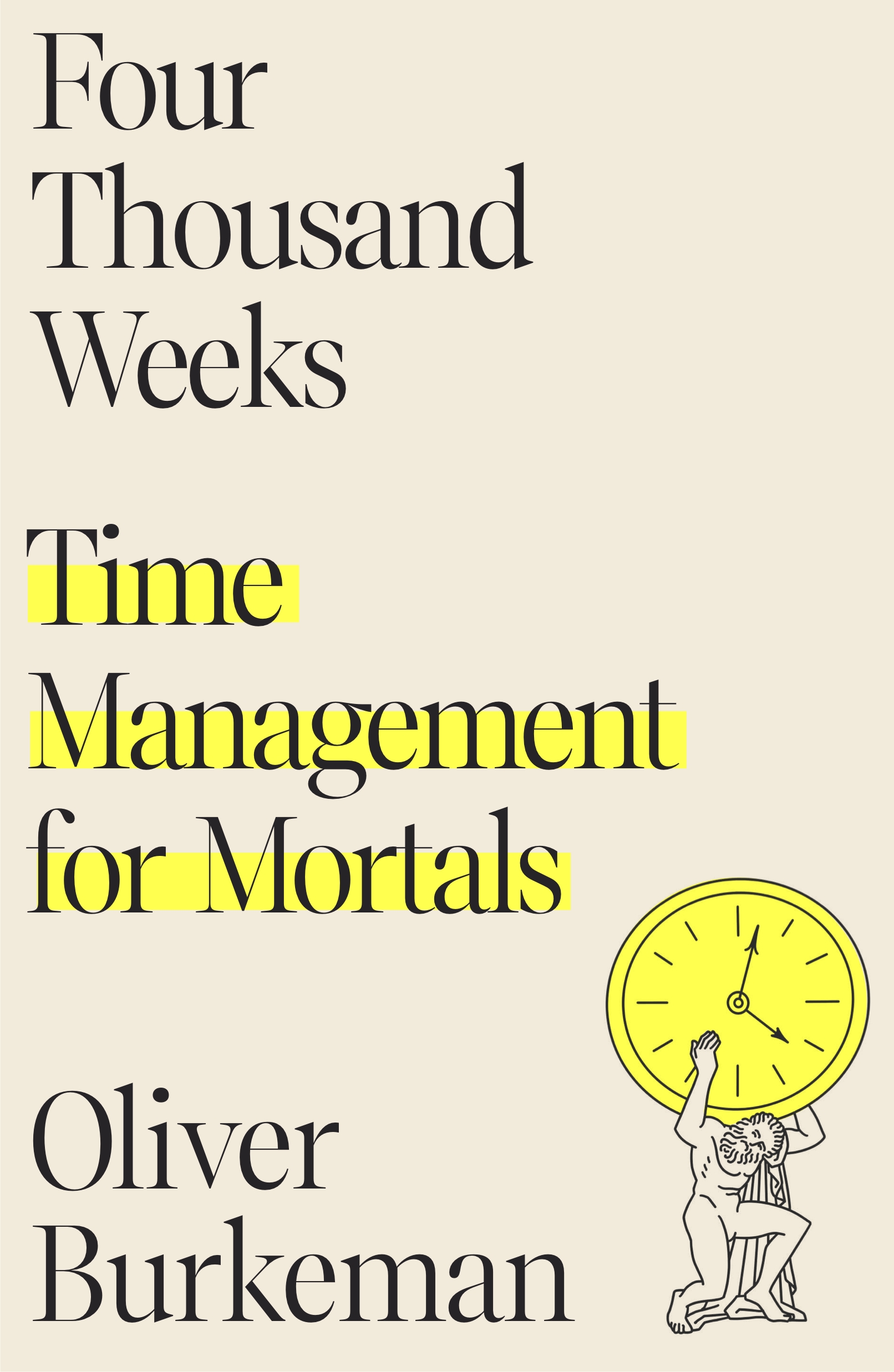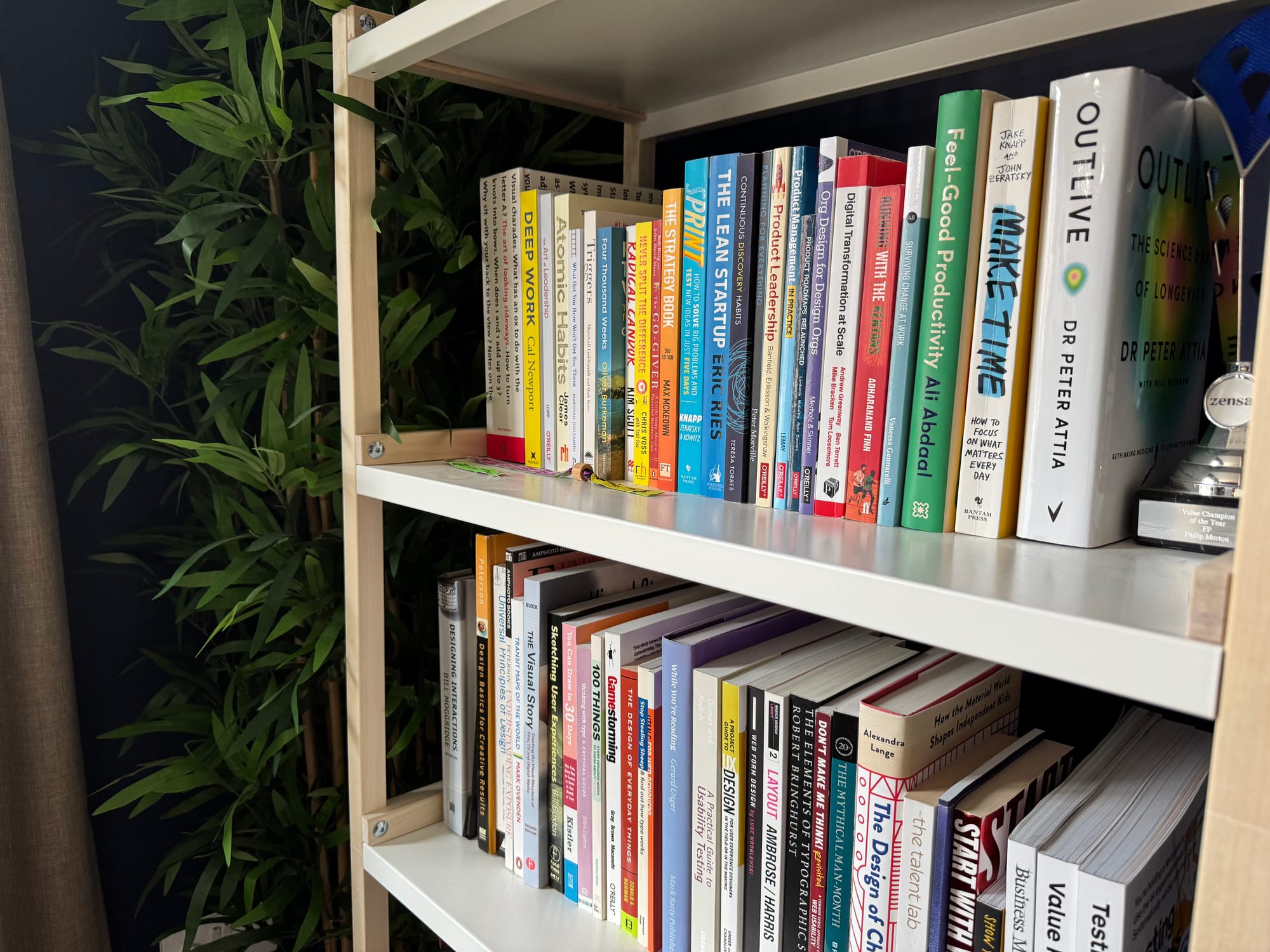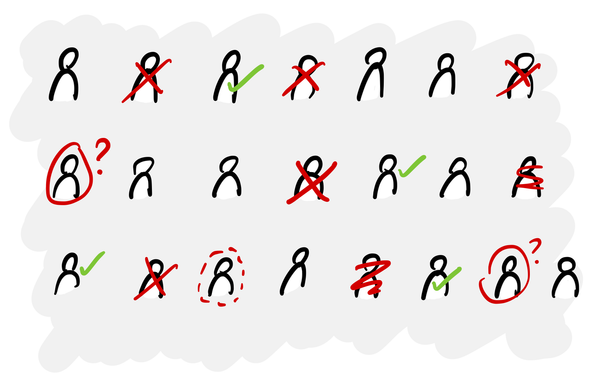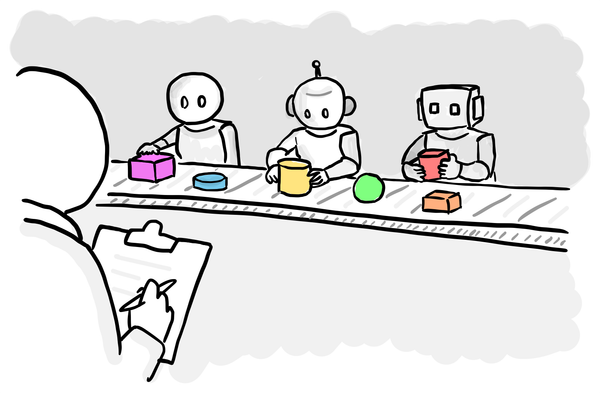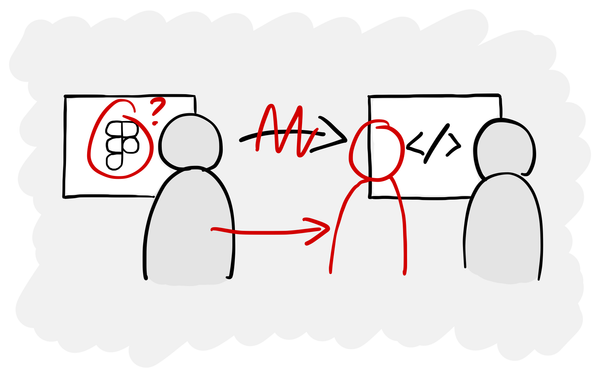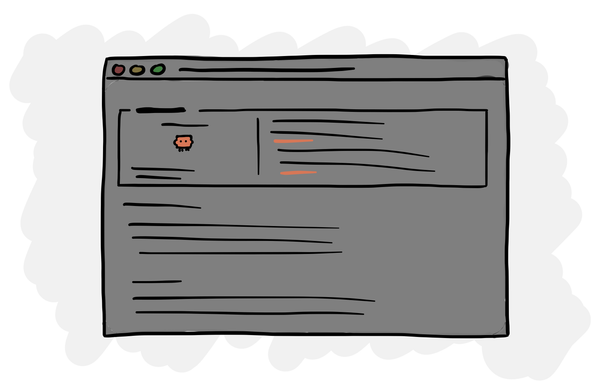The 10 habits of highly productive people
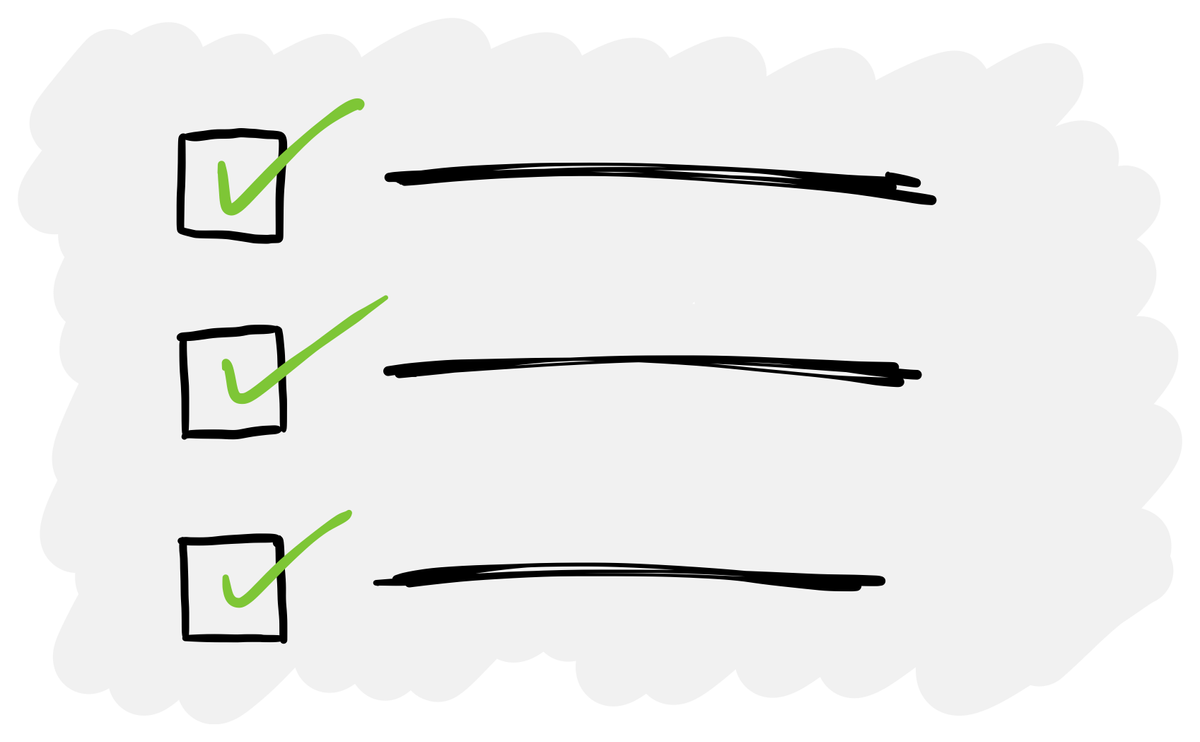
I wrote the first version of this a decade ago, but it’s something I keep referring back to when I’m coaching people on productivity and time management.
Personal productivity is a skill, not a personality trait
Work throws a lot of stuff at us.
Tasks, meetings, emails, Slack messages, accountability, responsibility, expectations, side projects, last minute requests, things you’ve been meaning to do but just can’t find the time to get them done but I promise I will get round to them at some point…
It’s ok to find this difficult. No-one teaches us how to deal with it.
Without the skills to deal with all the demands that work places on you, it’s easy to feel overwhelmed. Some people just get swept along on a tide of meetings, with no real control over how they’re spending their time.
‘Productivity’ isn’t about getting more done with your time. It’s about having control over your time and spending it intentionally. Done well, it brings a sense of calm to your life.
Some people think “I’m just not an organised person”, but being organised is not a personality trait. Personal productivity is a skill that everyone can learn, just like public speaking or any other skill we need at work.
The 10 habits
1. Plan ahead, so you don’t worry if you will have enough time or not
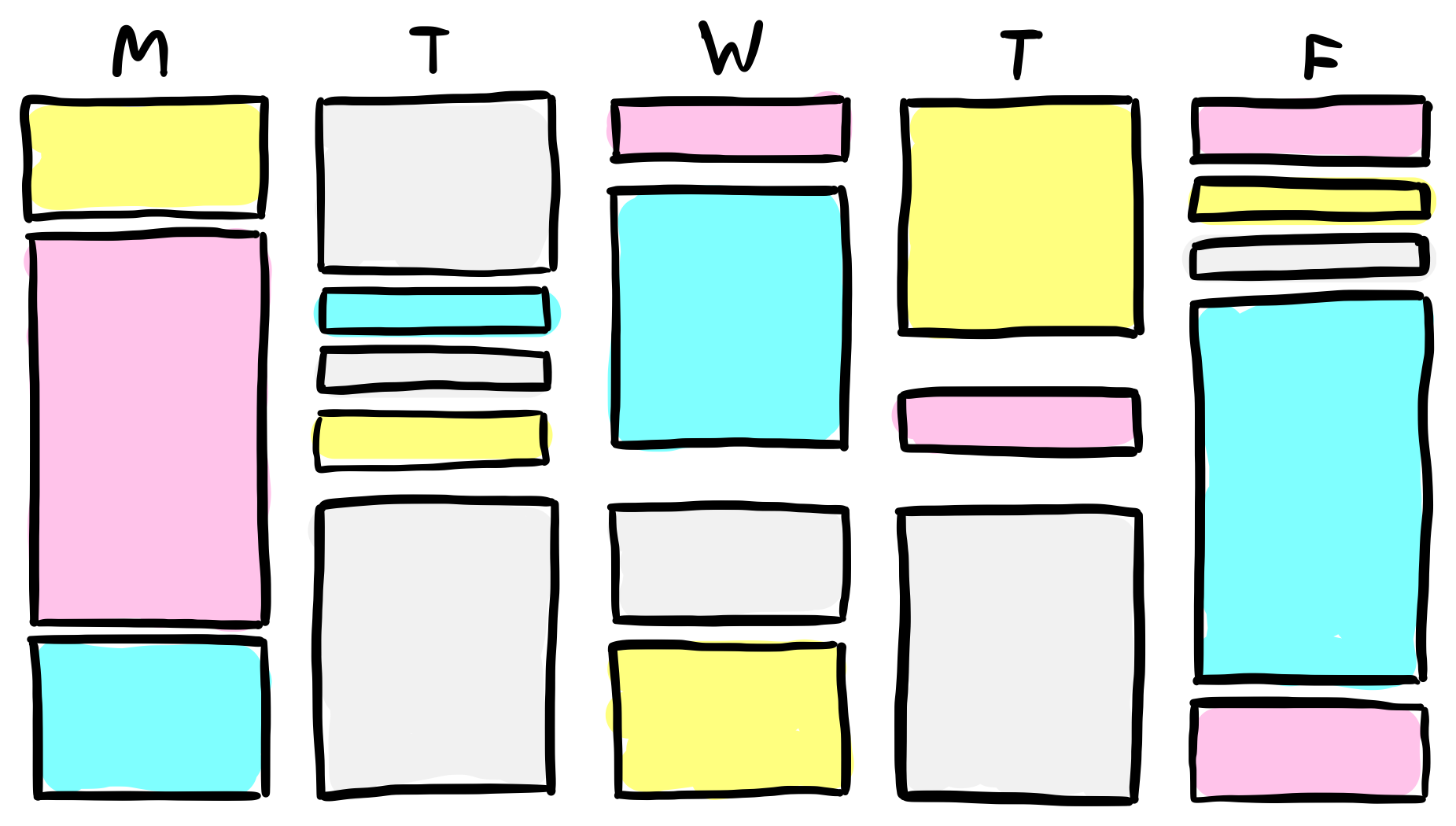
Don’t guess at the answer to “do I have enough time?” or “when will you able to do it by?”
- Get a clear understanding of what you will be doing.
- Visualise it (e.g. using your calendar).
- Block your calendar to protect your time.
- Communicate to others in your shared calendar.
- When the plan changes, you can see the trade-offs you will have to make.
Blocking out your calendar for deep work is one of the central ideas in Make Time, Deep Work, Feel-Good Productivity and host of other books.
2. Stay flexible when plans change
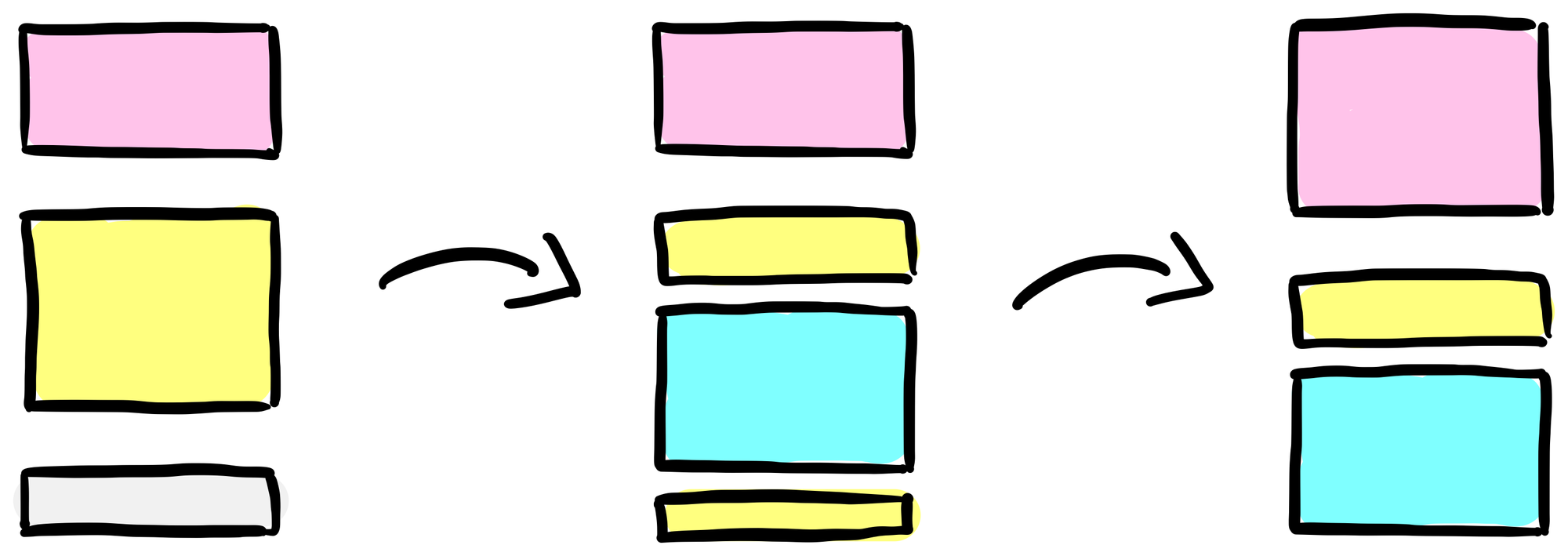
Sh*t is going to hit the fan. Don’t let your plan stop you from adapting to emerging events.
- Keep adjusting your plan and reprioritising.
- Negotiate with others, don’t just say ‘yes’ or ‘no’ to requests, be creative.
- Be clear what needs to stay the same and what can move.
3. Write tasks down, so you don’t have to remember them
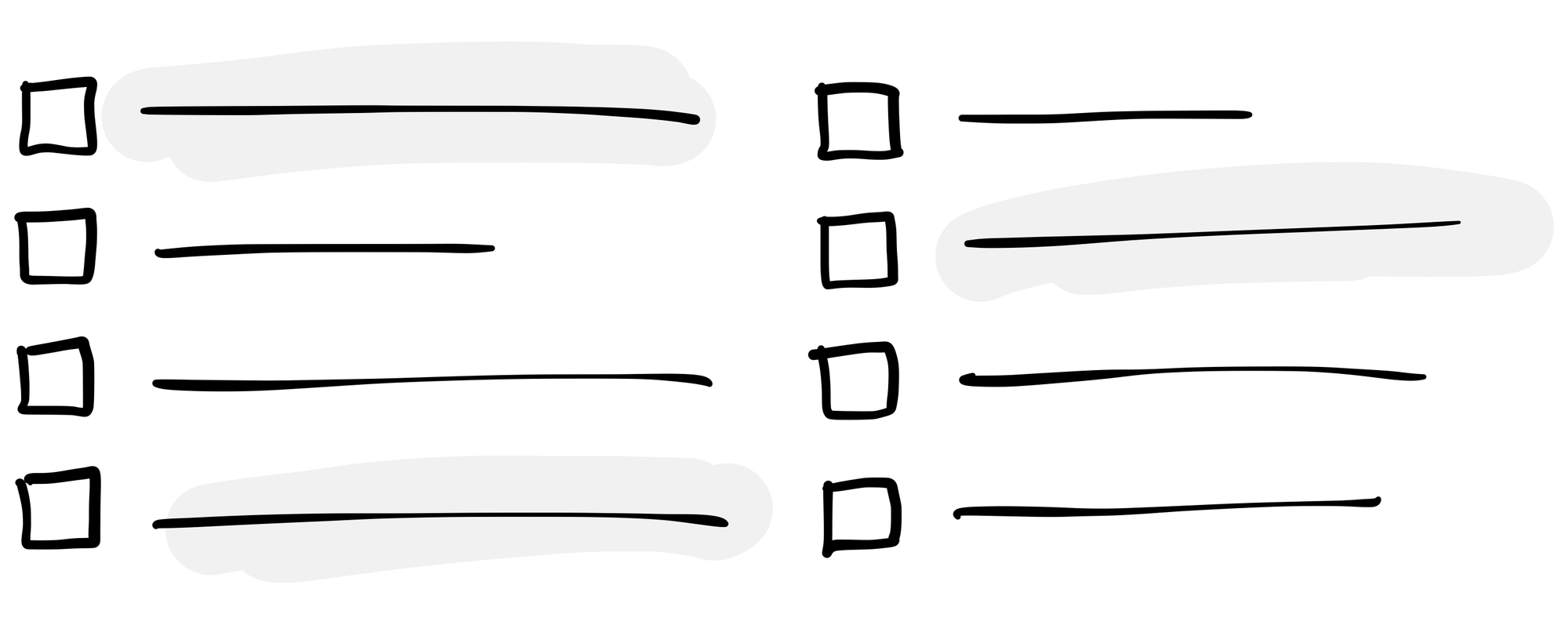
Don’t waste your brain on remembering things. It’s not very good at it and you need your mind for other things.
- Keep one list of things you need to do.
- If it’s a big task, block out time to do it.
4. Automate recurring tasks, so you never forget them

Don’t let other people down. Computers are much better at remembering things than you are.
- If things happen on a schedule, have a way to automatically add new tasks to your to-do list.
- You can do this with Things, Trello, Notion and even Microsoft To-do.
5. Prioritise your tasks so you focus on the right things
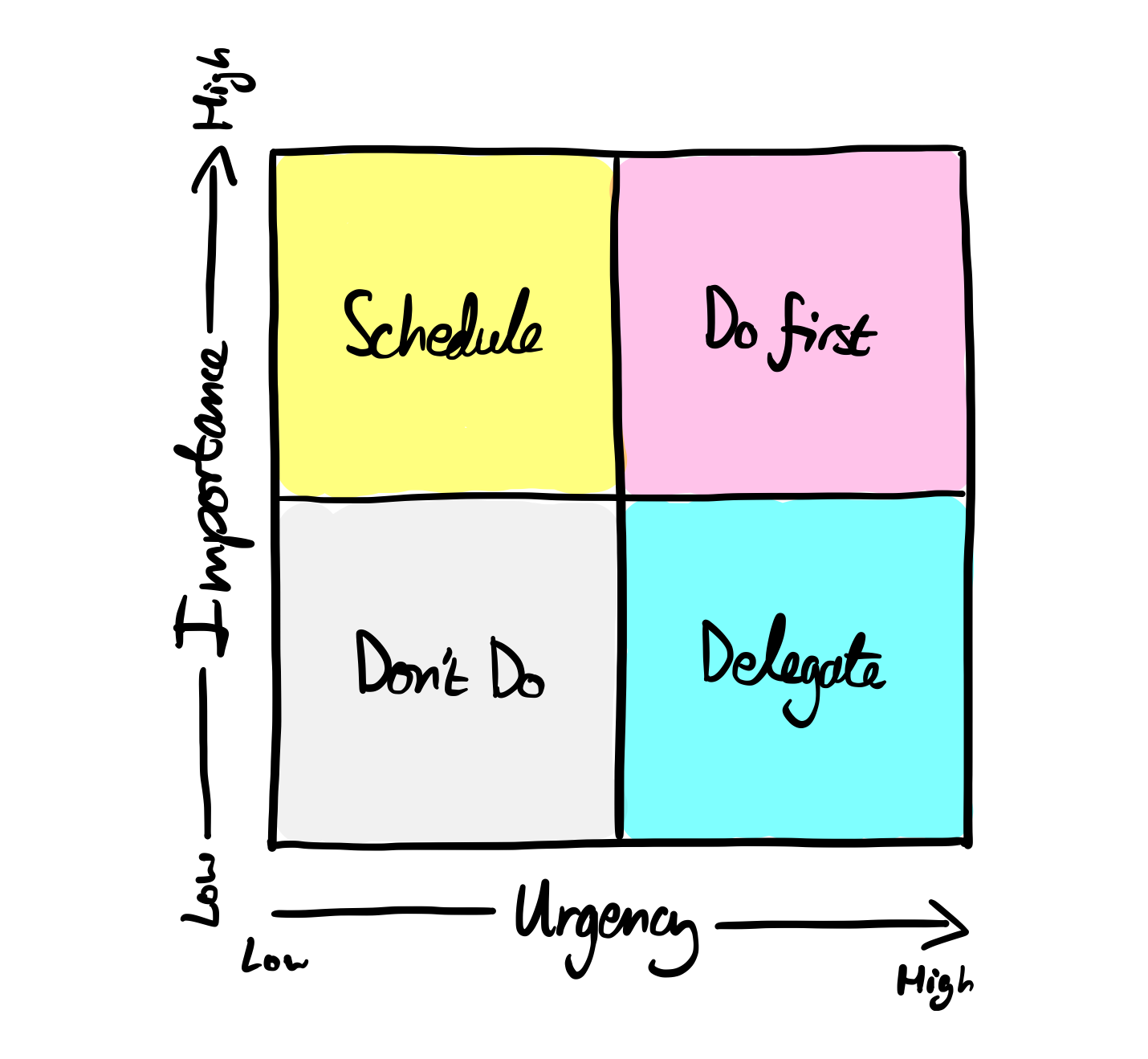
6. Communicate with others, so you can manage their expectations

People can’t read your mind. Be vocal about your busyness, priorities and trade-offs.
- Let people know when you realistically think you can get something done.
- Use your calendar so people can see what you are working on.
- If someone wants something done sooner, explain what the consequences would be.
7. Set boundaries to protect your time
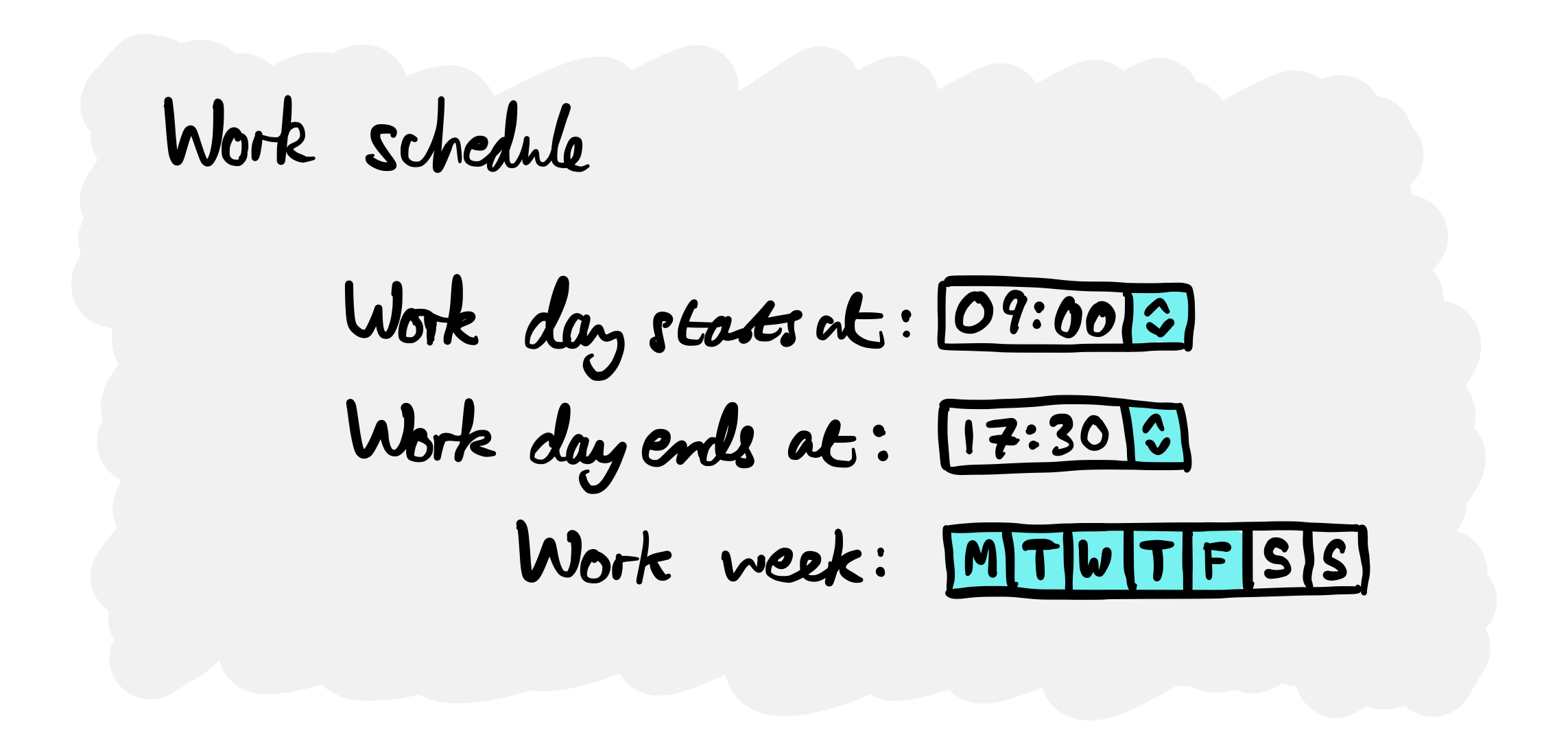
Work expands to fill the time and it will always feel like there’s more to do.
- Set your own boundaries.
- You can’t always stick to them, but you can try.
- Having hard deadlines will make you focus on what really need to be done and force you to prioritise.
- 40 hours per week is actually a lot of time: think about how many books you could read per week if you dedicated all of that time to one thing!
8. Design your environment, so you don’t waste time
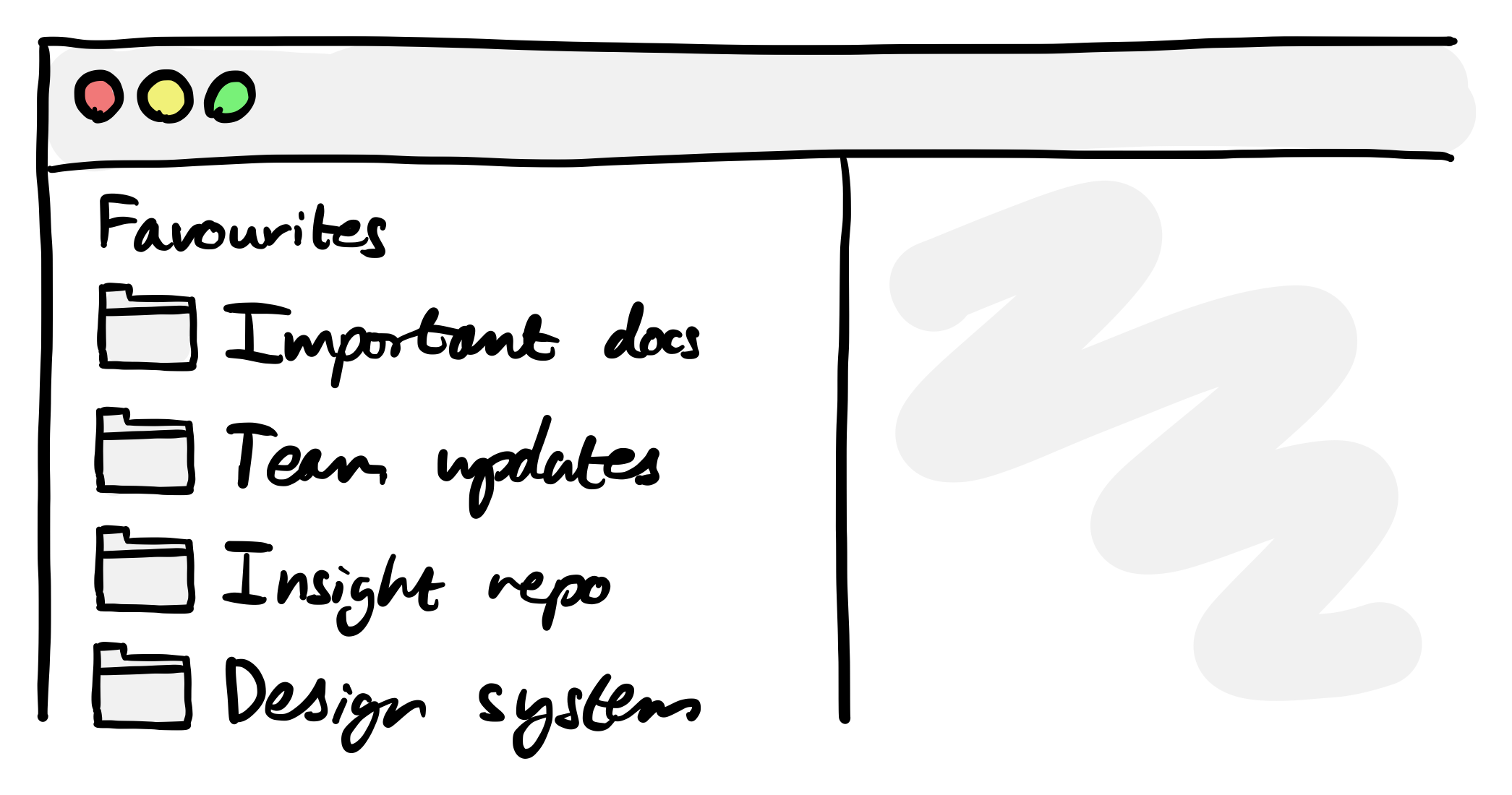
Think about how to apply experience design skills to your own work environment and workflows.
- Observe how you work and what you do regularly.
- Think of better ways to do your work, for example…
- Put things in a place you can find them.
- Add shortcuts for things that you commonly do.
9. Get to know your technology, so you know how it can help you
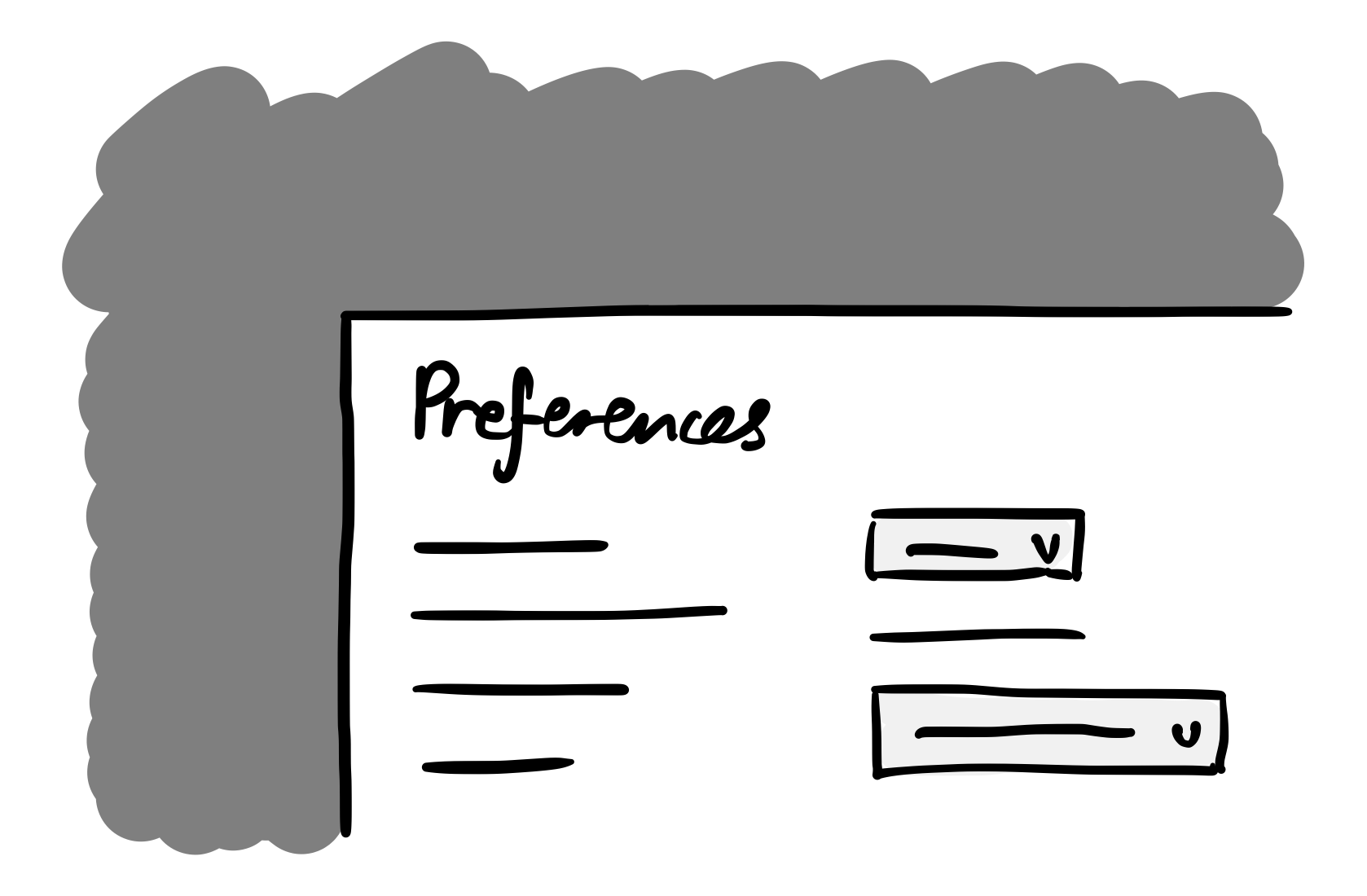
Don’t let technology control you. Learn how to get the most from what it’s best at.
- Explore settings in Slack, Zoom, Miro, Outlook, etc.
- Learn from other people and how they use technology.
10. Keep learning, reflecting and iterating, so you’re always improving
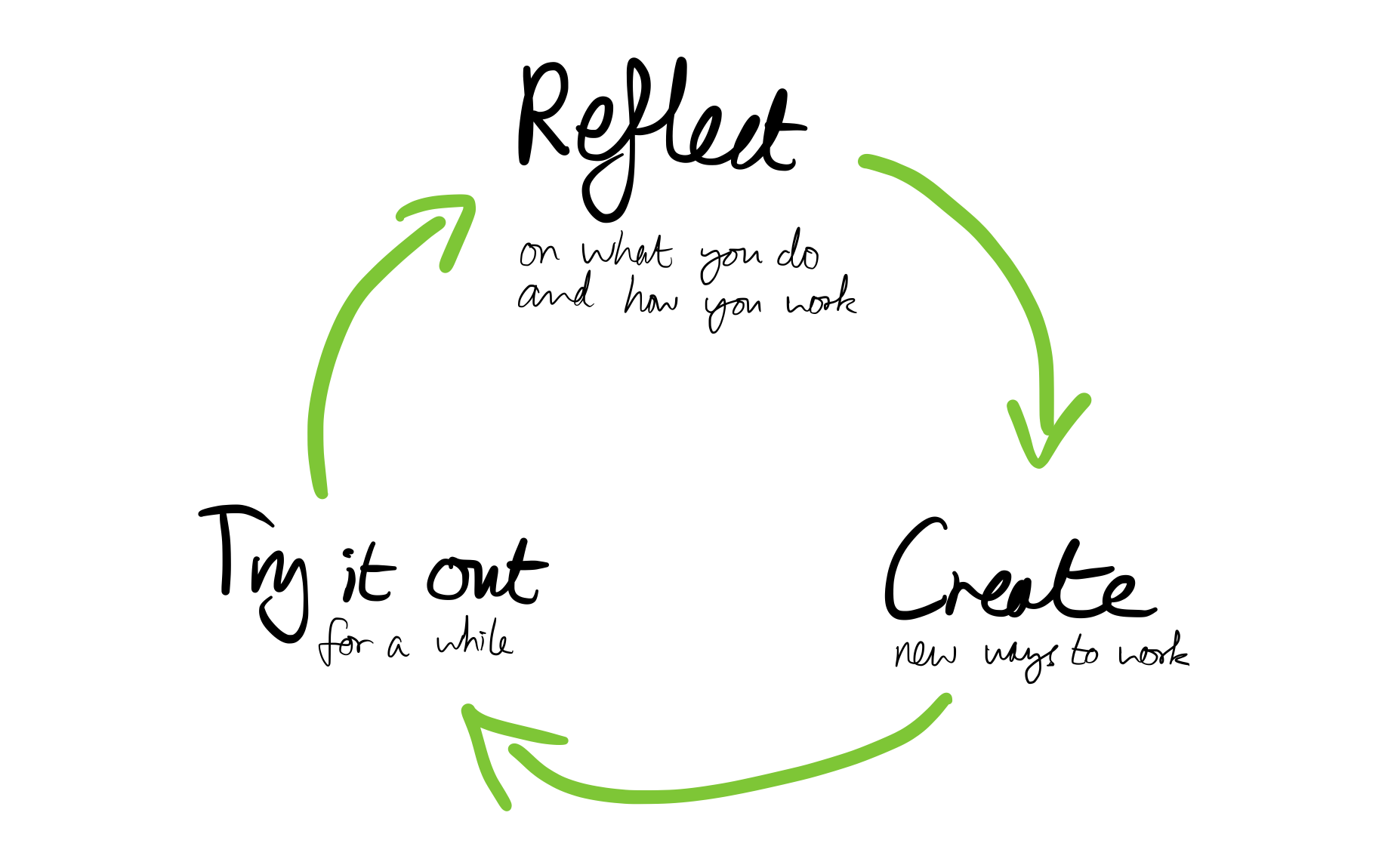
There are three steps to experimenting with this:
- Reflect on what you do and how you work.
- Create new ways to work that are tailor to your needs and preferences.
- Try it out for a while, even if it’s just a week.
What you need to do to be productive will change over time as your life changes and your job changes.
- Invest some time in reflecting on what you are spending your time doing.
- Try new tips and techniques for a week. If they don’t work, try something else.
- Keep iterating like you would design work.
Conclusion
These 10 habits are universal, but how you apply them is different for everyone - there’s no perfect system or a system that will stay the same forever.
You need to apply the design process to yourself. It takes time to develop a system or set of habits, so try things out and iterate. Over time, you’ll build a way of working that fits you.
Further reading
